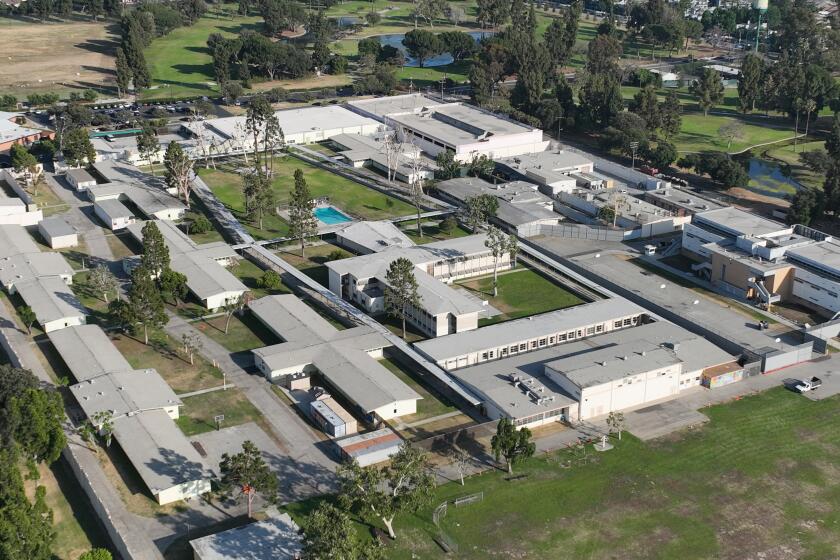Mixed Signals
- Share via
The real news of last week’s merger between La Jolla-based Signal Cos. and New Jersey-based Allied Corp. wasn’t happening at the two companies’ special shareholders meeting, at which investors overwhelmingly approved the corporate marriage.
The real battle occurred in front of San Diego Superior Court Judge Jack Levitt, who mulled over two hours of heated oral arguments by nearly a dozen attorneys, for both Signal and dissident Signal shareholders. The investors have sued to block what they claim is a “gigantic windfall” of as much as $106 million in compensation to company executives. Levitt issued a temporary restraining order, prohibiting Signal executives from receiving more than $8 million in benefits.
During the in-chambers proceedings, Signal lawyers vehemently maintained that the compensation package--which includes stock option awards and so-called “golden parachutes” to protect against unfriendly future takeover bids--is needed to keep key executives at the company and to ease their fears of job “uncertainty” because of the merger.
But that argument was in direct contradiction to Signal executives’ public statements that there are no layoffs looming. In addition, Allied Chairman Edward Hennessy told shareholders in New Jersey that “if there is any large-scale reduction in jobs as a result of any restructuring, we will manage it with such methods as attrition and early retirement incentives.”
All of which seem to support the arguments of dissident shareholders’ attorney William Lerach, who told Levitt that “no one is suffering, no one is threatened and no one is losing their job.”
Meanwhile, none of the documents that the company has turned over to dissident shareholders will be made public, according to a confidentiality agreement between both sides.
The documents, attorneys from both sides maintain, contain sensitive salary and benefits information about dozens of Signal executives--information typically not detailed in the public proxy statement.
Boise Deal Closer
If the planned sale of Boise Cascade’s eight San Diego County building materials outlets goes through, look for the new owners to rename the stores “Westy’s.”
That should be a familiar name to San Diegans--Westy’s was used by Boise Cascade for its retail outlets until the mid-1970s.
The sale, to a group of investors headed by San Diego regional manager Alan Quinby, will include the scrutiny of the Port of San Diego, the landlord of Boise’s area headquarters building in National City. According to Boise Cascade’s leasehold agreement, the port must approve any sale or transfer of the lease.
The deal, which Boise Cascade officials refuse to discuss, is scheduled to close escrow Oct. 1, according to a source familiar with the deal.
Room at the Inn
Carroll Davis’ bankrupt San Diego Diversified held its first creditors’ meeting last week. But, despite all the hoopla over the Chapter 11 reorganization of the Radisson Hotel developer, the meeting hardly drew a crowd.
In fact, only two creditors attended. One was from Roel Construction Co., which is owed $38,000. The other was from the Federal Savings & Loan Insurance Corp., which took over the defaulted loans issued to Davis by collapsed San Marino Savings & Loan.
The Big Chill
For those who grew up with the cows-in-the-pasture scenery at Baskin-Robbins, brace yourself. The store of 31 flavors is changing its famous polka-dot trademark to “earth-tone colors and fabrics,” according to a company announcement.
The changes, officials say, will reflect the chain’s transformation “from a simple takeout outlet to a more sophisticated social eating experience.”
Perhaps they’ll start serving Haagen-Dazs.
The Lunch Bunch
Has the brouhaha over San Diego City Councilman Uvaldo Martinez’s city-issued credit card changed the way local executives “do lunch?”
Not likely, said one local business wag, who added: “But we’re all snickering a lot.”
More to Read
Sign up for Essential California
The most important California stories and recommendations in your inbox every morning.
You may occasionally receive promotional content from the Los Angeles Times.













